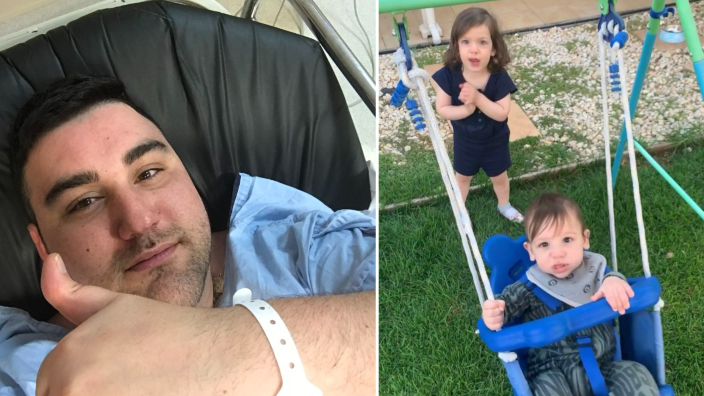By Peter Oglos.
There are currently over 25,600 Australians that have Multiple Sclerosis (MS). A life-threatening disease in which the immune system eats away at the protective covering of nerves, causing a slow communication disruption between the brain and the body.
Dimitri Garbas went to sleep around 3 years ago as a fit healthy 30-year-old and woke up the next morning struggling to move.
“I had this pain in my back, which felt like a drill was being put into my spine,” Dimitri tells The Greek Herald.
“I did everything I could to not go see a doctor… that old ethnic mentality of ‘it’ll go away’.”
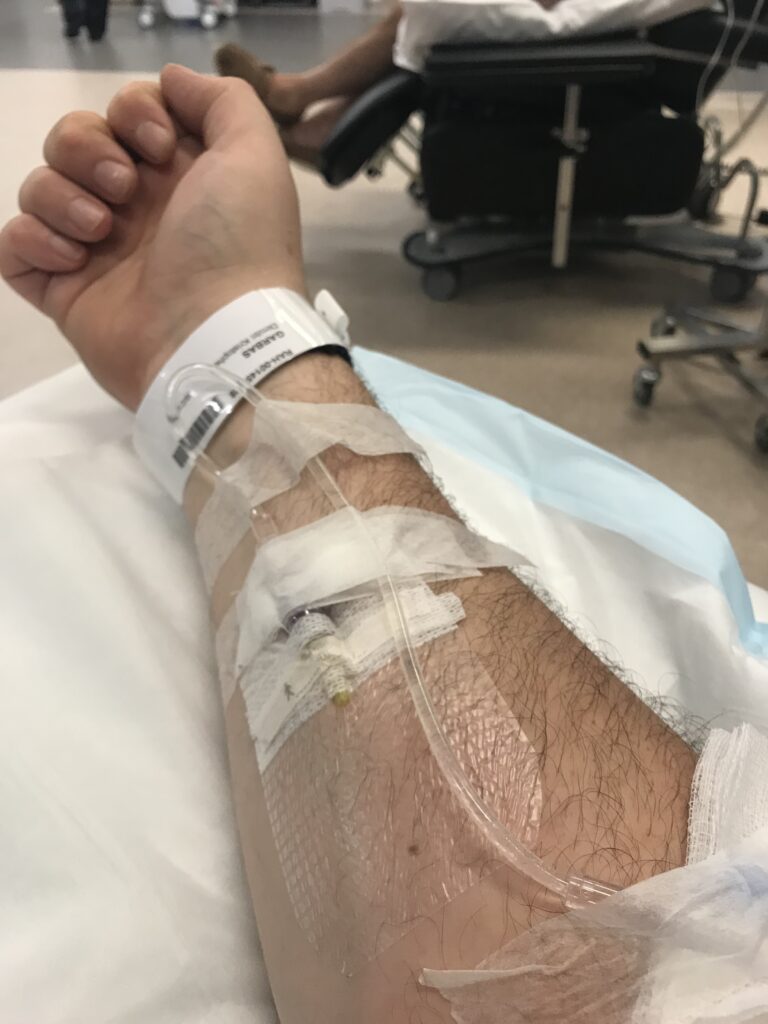
Dimitri Garbas in hospital after being diagnosed with MS. Photo: Supplied 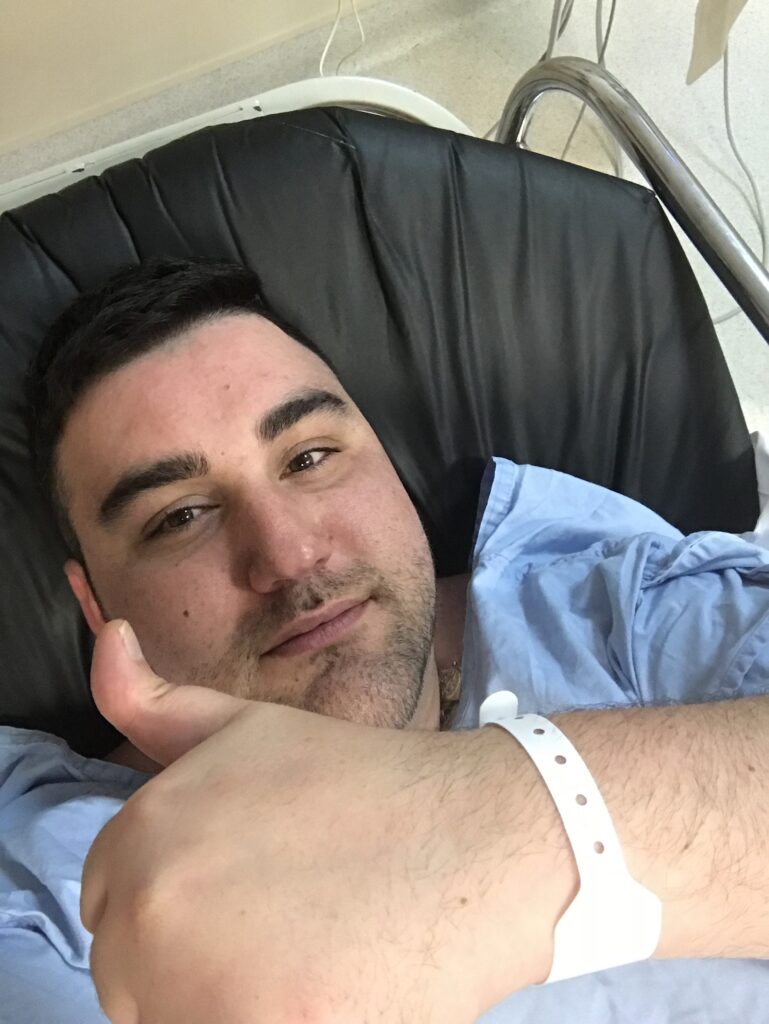
Dimitri Garbas in hospital after being diagnosed with MS. Photo: Supplied
Except the pain didn’t go away. When Dimitri finally went to hospital, he was told he will never be able to wake up the way he did before having MS.
“I’ve never been so scared in my life,” Dimitri says.
“The fear of unknown. It’s is one of the worst things. And we as humans do stupid things like go on Google and start looking things up, and it’s not that it was bad to look things up, it’s just that everything they were saying was true.
“That kind of cemented the fact that this was my life now.”
Around the time Dimitri was diagnosed with Multiple Sclerosis, his wife was pregnant and gave birth to a beautiful daughter named Christine. After being diagnosed, Dimitri was told by doctors that he would be unable to have any more children, saying they would need a “miracle”.
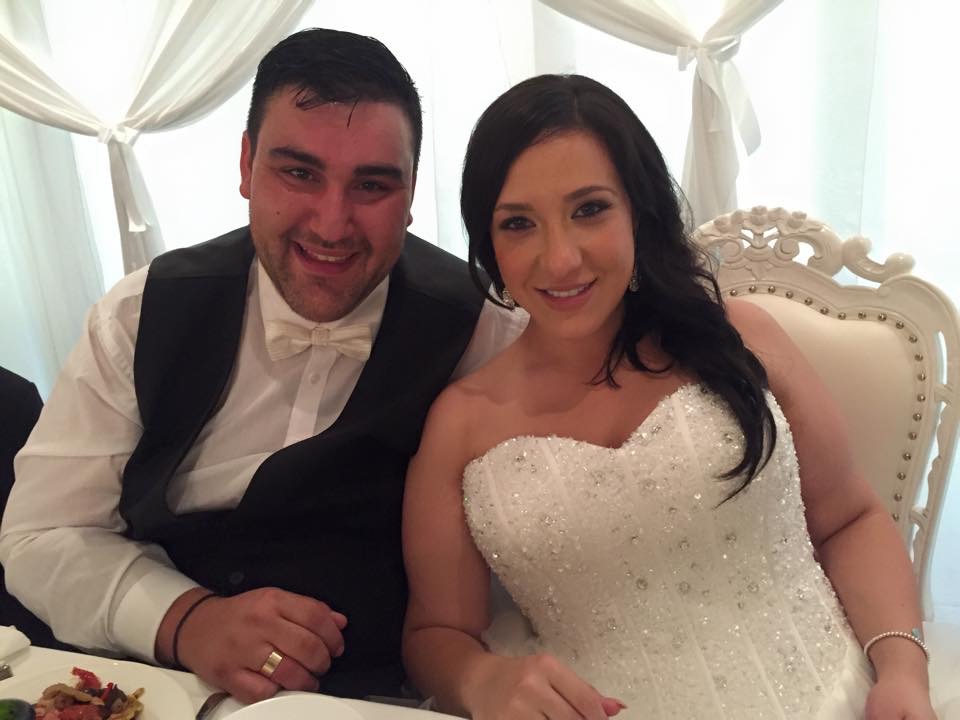
“Then my wife ended up getting pregnant like a little miracle baby,” Dimitri exclaims.
“And he was born last year on the twenty-third of December, so we thought Joseph would be quite a suitable name for him.
“It’s really uncanny how things work. People say to me, would you change anything if you could go back in time? I said no, because out of this I’ve gotten two beautiful children and a wife to support me.”
The symptoms of MS vary between patients and between days. According to MS Australia, symptoms are often a combination of the following:
- Motor control – muscular spasms and problems with weakness, coordination, balance and functioning of the arms and legs
- Fatigue
- Other neurological symptoms – including vertigo, pins and needles, neuralgia and visual disturbances
- Continence care
- Neuropsychological symptoms – including depression, cognitive difficulties and memory loss
The day prior to conducting the interview with Dimitri, the Greek Australian said he had the energy to walk and get out of bed. The next day, he collapsed attempting to leave his bedroom.
“I’m with a walking stick today, because I got out of bed and fell on the floor because I lost my balance,” Dimitri says.
“So every day is like Russian roulette and it’s never a good thing. It’s always something bad.”
All humans are driven with a goal in mind, even people with a disability. For them, it’s a way of staying centred on earth and not losing touch of their humanity. Dimitri says that while many people disabilities bravely work to be the “next top athlete” or equivalent, Dimitri’s goal is much simpler.
“I just want to be able to pick up my daughter and do things with her. Push her on a swing and sit down and play tea parties.
“I’d like to teach son how to kick a soccer ball and eventually teach him how to drive.
“Just things that people take for granted.”
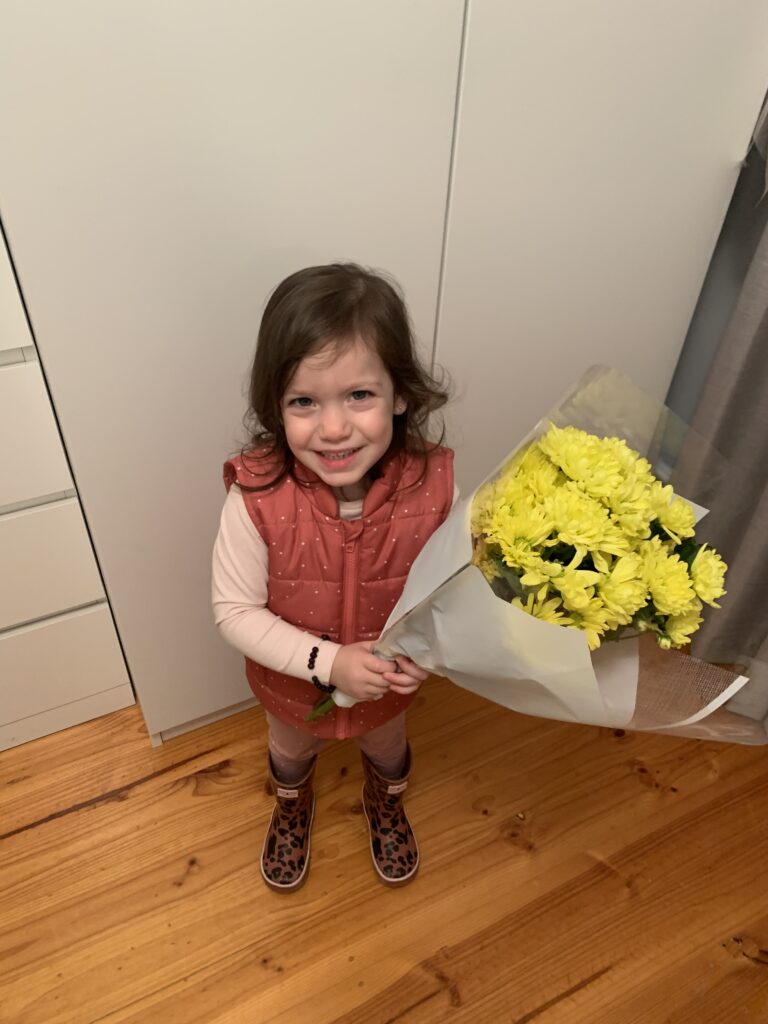
Dimitri Garbas’ daughter. Photo: Supplied 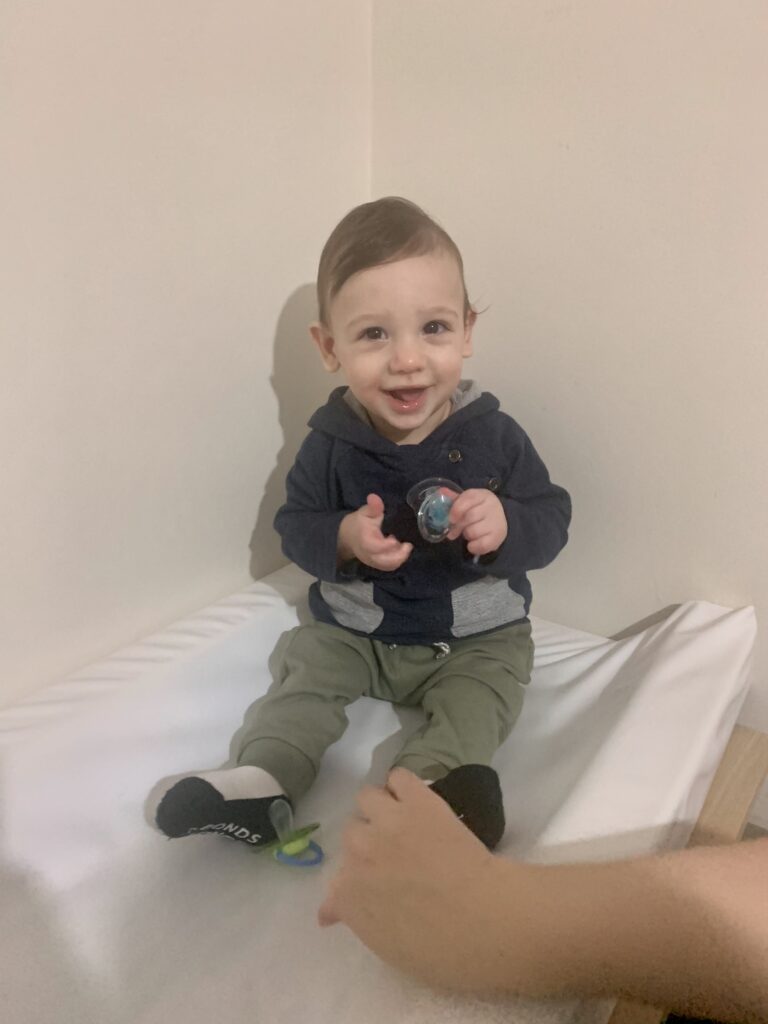
Dimitri Garbas’ son. Photo: Supplied
The Greek Herald recently told the story of Nick Dimos, a Greek Australian who arrived in Russia to conduct an MS treatment. Knowing Nick personally, Dimitri revealed that he has the same goal of reaching Russia and conducting this hopefully life-saving procedure.
“Nick reached out to me and said, ‘Look I’m in the same position as you and I want to help’. And he just took me under his wing”
READ MORE: Nick Dimos’ fight to get life-changing treatment for Multiple Sclerosis
READ MORE: Nick Dimos finally arrives in Russia for life-saving Multiple Sclerosis treatment
“(In Russia) they give you three days’ worth of aggressive radiation to basically kill your immune system. You essentially have less of an immune system than what a newborn baby does.
“They take stem cells out of your spine and modify them so they’re clean, they no longer carry the disease, then they reinjected back into your body as your immune system.”
Dimitri hopes this process, more than anything, allows him to succeed in his goal of spending time with his children.
“I’m not trying to take on the world. I’m just trying to be in my kid’s life.”
“I need to be the person they need me to be and I’m not going to have my daughter wheeling her father in a chair when she’s 16.”
You can visit and donate to Dimitri Garbas’ Go Fund Me page.

